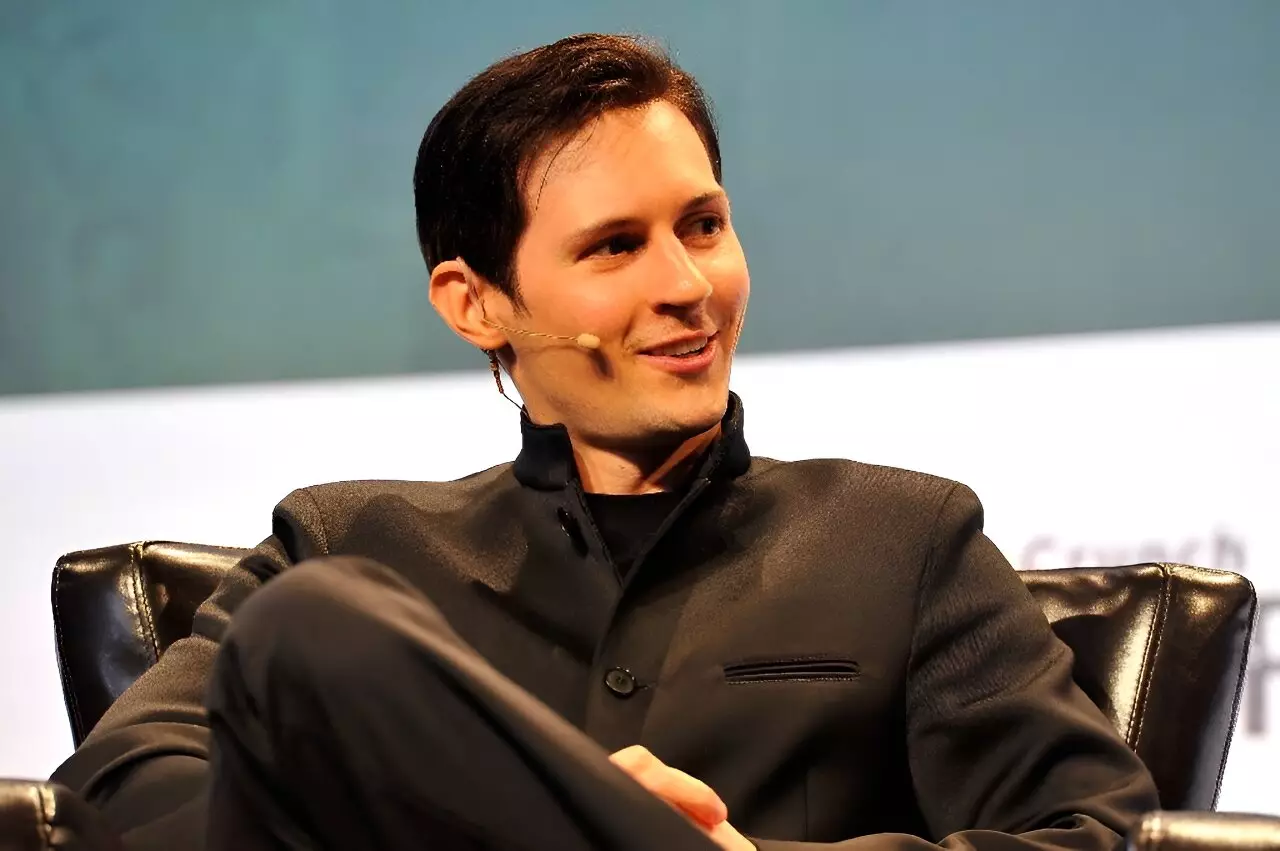Telegram chief executive Pavel Durov found himself in legal trouble when he was arrested by French police at an airport near Paris. The Franco-Russian billionaire was detained at Le Bourget airport on alleged offenses related to his messaging app, Telegram. Sources close to the case revealed that Durov had arrived from Baku, Azerbaijan, before being arrested.
France’s OFMIN issued an arrest warrant for Durov in a preliminary investigation that included alleged offenses such as fraud, drug trafficking, cyberbullying, organized crime, and promotion of terrorism. One of the investigators mentioned that Durov was accused of not taking measures to stop the criminal usage of the platform. This has led to a call to end Telegram’s ‘impunity,’ highlighting the seriousness of the situation.
Telegram, based in Dubai, has positioned itself as a more secure alternative to US-owned messaging platforms. The app prides itself on not disclosing any user information, a stark contrast to other platforms criticized for exploiting user data. However, Telegram has faced criticism for allowing groups of up to 200,000 members, which some believe facilitates the spread of false information and harmful content.
In an interview with Tucker Carlson, Durov explained that he was inspired to launch an encrypted messaging app after facing pressure from the Russian government during his time at VK. He ventured to various cities before settling in Dubai, praising its business environment and neutrality. Durov emphasized the appeal of Telegram’s independence, privacy, and user freedom, citing its more than 900 million active users at the time.
As Western countries push for more stringent regulations on online content, Telegram’s avoidance of moderation laws by operating in the UAE has raised concerns. Its competitor, WhatsApp, implemented global limits on message forwarding to combat the spread of false information. The accusation that Telegram enables the dissemination of illicit content has put the platform under increased scrutiny.
Pavel Durov’s legal issues highlight the complex relationship between messaging platforms, user privacy, and content moderation. As authorities continue to address the challenges of regulating online spaces, the actions and policies of companies like Telegram will be under intense scrutiny. It remains to be seen how Durov’s case will unfold and what impact it will have on the future of messaging apps and online privacy.


Leave a Reply